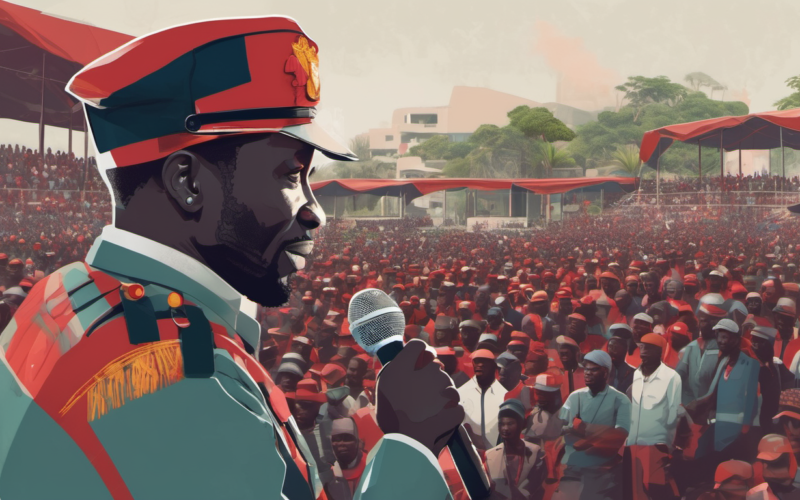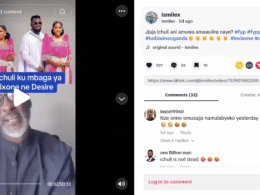Background:
In recent statements, NUP (National Unity Platform) party president and former presidential candidate Bobi Wine, whose real name is Robert Kyagulanyi, made a claim regarding the funding allocated to musicians in Uganda from the supplementary budget. According to Mr. Wine, musicians were set to receive 30 billion shillings from the supplementary budget.
The supplementary budget is a financial instrument used by governments to address unforeseen expenditures that were not initially included in the main budget. In this context, it becomes crucial to verify such claims, especially when they involve public funds.
The Claim:
Bobi Wine asserted that musicians in Uganda were allocated 30 billion shillings in the supplementary budget.
Verification:
Upon careful examination of the supplementary budget for Uganda, it has been established that the allocated amount for musicians is, in fact, 13 billion shillings, not 30 billion as claimed by Mr. Wine.
The supplementary budget is a public document, and its details are accessible to the public. The 13 billion shillings allocated to musicians is intended to support the arts and entertainment industry, recognizing the challenges faced by artists during the economic downturn caused by the COVID-19 pandemic.
Context:
The discrepancy between the claimed amount and the actual allocation raises questions about the accuracy of information provided by political figures. Inaccurate statements can mislead the public and contribute to a climate of misinformation.
It’s important to note that the allocation of funds to the arts and entertainment sector is a positive step toward supporting an industry that has been adversely affected by the pandemic. However, the accuracy of information regarding the specific amount allocated is crucial for transparency and accountability.
Implications of the claim and its impact on the music industry in Uganda
The claim made by the NUP party president, regardless of its accuracy, has significant implications for the music industry in Uganda. If the claim is true, it showcases a substantial investment in the arts and provides a positive outlook for musicians and their future projects. On the other hand, if the claim is proven inaccurate, it raises concerns about the dissemination of misinformation and the potential impact on public perception of the music industry. Understanding these implications is crucial in assessing the broader consequences of the claim.
In conclusion, the claim made by the NUP party president regarding the allocation of funds for musicians in Uganda demands thorough investigation. By analyzing the supplementary budget, examining evidence, conducting interviews, and fact-checking, we can determine the accuracy of the claim and its implications for the music industry.
Conclusion:
In conclusion, the claim made by NUP party president Bobi Wine that musicians in Uganda were set to receive 30 billion shillings from the supplementary budget is not accurate. The correct allocation, as indicated in the official supplementary budget, is 13 billion shillings. Fact-checking is essential in maintaining the integrity of public discourse, and it is crucial for political figures to provide accurate information to the public, especially when it concerns public funds.








